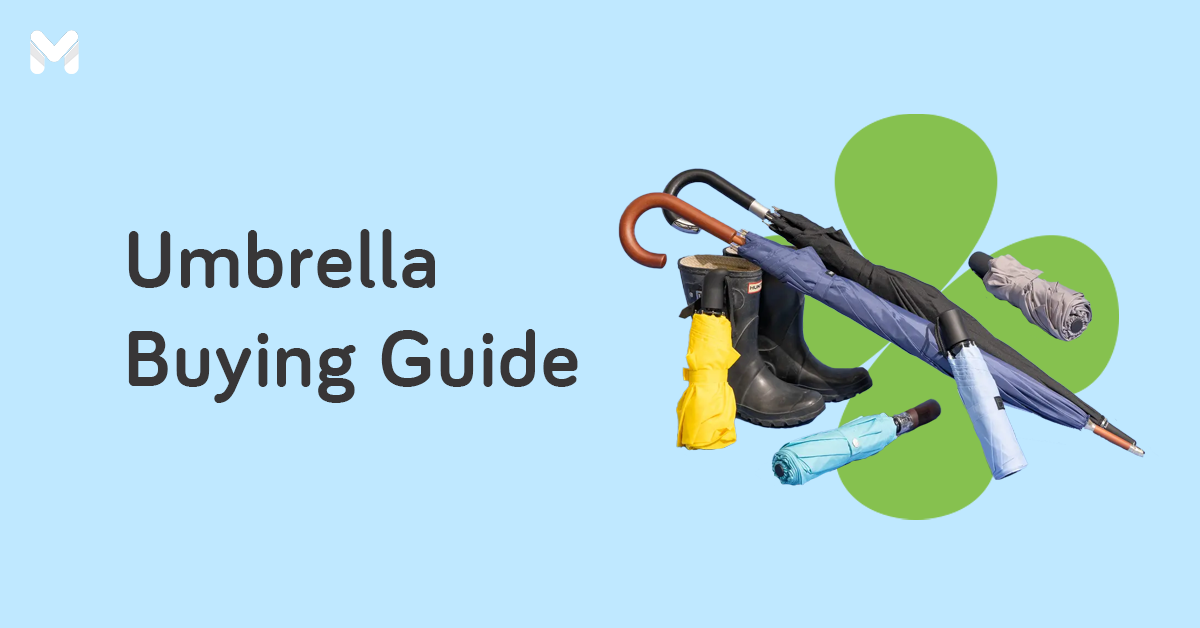“Out with the old and in with the new,” as the saying goes. But recently, something from the days of old has started to emerge and inspire a trend like no other. If you know your news, you should be familiar about the latest issue on online barter and whether or not it's illegal.
And if you know your history, you should be somewhat familiar with what online barter is. Is it illegal? Is it a safe trading practice? Will it cost you money? Let’s answer all these questions as we take an in-depth look at this modernized form of trading goods.
What is Online Barter?
Online barter means exactly what you think it is. It involves the exchange of goods, usually of equal value with no money involved—all done through social media.
The trend was started by Atty. Jocelle Batapa-Sigue in May 2020 as a way for Bacolod citizens to acquire essentials during the enhanced community quarantine[1]. She founded the Bacolod Barter Community on Facebook[2] that inspired everyone’s bayanihan spirit. Since then, other communities began forming online barter platforms for all types of essentials.

Online barter communities function like a real community with the goal of helping each other out more than scoring essentials for cheap. As of writing, the Bacolod Barter Community has over 200,000 members on Facebook. Other communities nationwide have also started their own barter system by creating their respective Facebook groups.
The mechanics of online barter are pretty simple. No cash is allowed and buying or selling is discouraged. Members of the community must post their item on the community’s Facebook group. The post must include the pictures of the item they’re going to trade, the product details, and what they want in exchange.
The other members then comment on the post to ask more details or offer their goods. Both parties then arrange the exchange through PM or text message. Once the trade is completed, the trader must update the post to indicate that the item is sold.
Read more: Online Business Ideas You Can Start Even with Small Capital
Is Online Barter Illegal?

In a nutshell: no, online barter isn’t illegal. But why was its legality questioned in the first place?
It all started on July 14, 2020, when the Department of Trade and Industry (DTI) declared that online barter trade is illegal and that practitioners are violating tax laws[3]. DTI Secretary Ramon Lopez said they will work with the PNP and NBI to track down these online sellers.
This statement earned the DTI some backlash on social media, particularly from online barter groups. The Global Barter Communities called the statement absurd. “There is no clear and specific legal basis for online barter platforms to be declared as unlawful or illegal,” they said in a joint statement[4].
Barter vs. Barter Trade
In his initial statement, Lopez stated that barter trade is only allowed in some parts of Mindanao: Siasi, Jolo; Sulu and Bonggao, Tawi-Tawi. But Bacolod Barter Community Atty. Batapa-Sigue argues that barter and barter trade are two separate concepts and that everyone in the community knows it.
“Everyone in the Philippines knows that the barter trade in Mindanao is not happening elsewhere. The barter trade in Mindanao [are] undertaken by vendors and sellers of goods. That's barter trade. Barter in itself is a recognised legal contract in the Civil Code. So let's [not] confuse barter trading with barter just to create news. Otherwise I would be afraid to exchange food with my next door neighbor,” she said in her statement[5].
Fortunately, Secretary Lopez clarified his side regarding the legality of online barter. He said that he was referring to those who trade goods as part of their business transactions. “DTI would like to clarify that personal transactions not in the course of trade and business are not covered by registration requirements,” Lopez said in his latest statement[6].
This means as long as the items you’re bartering are for personal use, it’s not subject to any registration or tax requirements. Simple as that.
Read more: How to Register Your Online Business and Pay Taxes to BIR
What Type of Goods Can I Trade Online?

Now that you know you won’t go to jail for trading goods online, want to give online barter a try? Because as long as you have something useful to trade, you can start transacting with everyone in your respective barter community.
For instance, when Atty. Batapa-Sigue launched the first barter on Facebook, she traded her new liquid eyeliner for a pineapple, a squash, and other vegetables. One member even traded a full-size lechon for a water dispenser. So as long as your item isn’t “harmful, unlawful, expired, indecent, or unlicensed,” you’re good to go.
Most people trade their expensive items like bags, beauty products, accessories, and gadgets for grocery items and other COVID-19 essentials. So if you have plenty of food items in your kitchen like biscuits, produce, or baby milk, you can score great deals without paying a single peso.
Read more: Grocery List Essentials to Help You Shop During COVID-19
Basic Tips on Online Barter
Do's of Online Barter
- Do trade items that are both useful and valuable. Don’t just trade your worn-out sneakers or a broken television set. Make sure your items have a certain value for others. Ask yourself if you’re willing to receive this item in its current condition.
- Do ask for essential items if you can. Since you can trade almost everything, don’t hold back. Take this opportunity to get rid of things you already don’t need. Scoring grocery items without spending money is just the icing on top of the cake.
- Do disclose all details about your items. From blemishes, scratches, or any other imperfections, spare no details when posting your item or offering a trade. Honesty is one of online barter’s core principles so make sure you’re upholding it properly.
- Do treat other community members with respect. Remember, you’re not necessarily a seller—you’re a community member looking to help other people out. Forget the customer-is-always-right mentality when you join an online barter community.
- Do interact with other members. Use this opportunity to build friendships or networks for future opportunities. You’ll never know who you’re going to meet from these communities and you can probably gain more than just bartered items.
Don'ts of Online Barter
- Don’t ask for more than your item’s value. Be realistic when you’re transacting with other members. Don’t expect high-end items for your mid-range goods. At the same time, don’t expect a truckload of essentials for your low-value item.
- Don’t give out any sensitive information. While money isn’t involved, remain careful with the information you’re sharing online. Every community is built on trust, so there’s no need to show bank details or credit card info as proof of identity.
- Don’t trust suspicious listings. Just like when you’re online shopping, don’t trust a post that doesn’t have the proper details or doesn’t even provide photos of the items they’re selling. Always transact with trustworthy members only.
- Don’t trade harmful and illegal items. This should be a no-brainer, but it’s a safe reminder nonetheless. Don’t trade guns, katanas, and other weapons, even if they are collectibles. Watch out for stolen goods as well.
Read more:
- Online Scams in the Philippines to Watch Out For
- Make Money Online: How to be a Shopee or Lazada Online Seller
Final Thoughts
Online barter is proof that even the old ways can still work in the new world. By blending the traditional barter system with today’s technology, everyone will be able to afford essentials in the new normal. If you have useful items around your home, try trading them with people who really need them. Who knows, it may save you a few bucks as well.
Sources:
- [1] These Bacolodnons are bartering to get what they need in the ECQ (ANC)
- [2] Bacolod Barter Community Facebook group
- [3] DTI to go after 'online barter trade', tells online sellers to register (ABSCBN News)
- [4] Joint Statement of All Barter Communities
- [5] Statement from Atty. Jocelle Batapa-Sigue
- [6] Clarificatory Statement of Secretary Ramon M. Lopez on Online Barter










